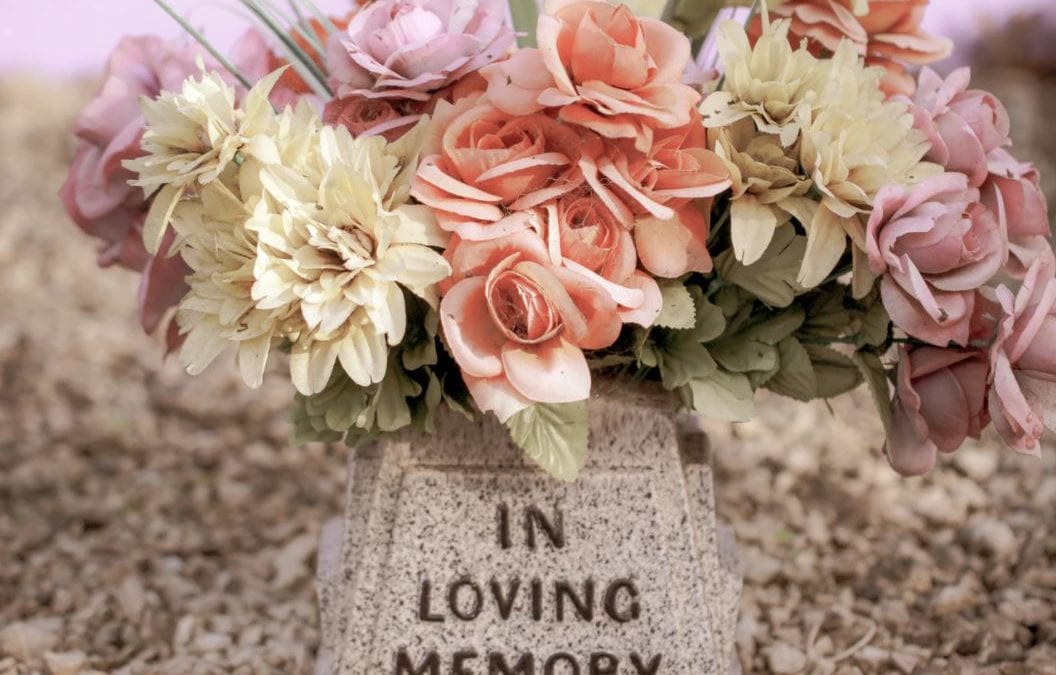- Contact Us Today
- (937) 278-4287
- lgfuneralhome@gmail.com
Being Prepared for Death

Services for Cremations
September 28, 2020
How Social Media Can Help with Grief
October 12, 2020After funerals at funeral homes in Englewood, OH, families of the deceased have a lot of things they need to do to take care of their loved ones’ affairs. However, if your family doesn’t have what they need to complete take care of your affairs after you die, you will make their lives much harder than they will already be because of your death.
There are several things that will help you prepare for when you die.
One of these is a legal document that is, at the very least, signed and dated by you that indicates how you want your assets and your personal belongings distributed after your death.
The simplest way to do this is by having a will, which appoints an executor to carry out your wishes. You can either have an attorney create your will, or you can create it yourself using software or online websites for making wills.
If an attorney creates your will, they will make sure it is witnessed and notarized, which makes the will less likely to be contested. If you create the will yourself, it’s legally-binding as long as you sign and date it, but you should also have it witnessed and notarized. There are notary services that can this, and if you have financial accounts at a bank, they will often provide this service at no cost.
Irrevocable and revocable trusts are two other legal instruments that enable you to distribute your assets and personal belongings.
Revocable trusts set up stipulations that encompass both the scenarios of you becoming mentally incapacitated and unable to handle your own affairs and you dying. When you create a revocable trust (you will establish the trust with an asset of either cash or property) and you change your mind about beneficiaries, you have the ability to change the trust. Revocable trusts are not subject to probate.
Irrevocable trusts cannot be changed once they are established. You may want to remove assets or changes beneficiaries as time passes, but you are not able to do that once an irrevocable trust is established and funded.
Another thing that you need to have to be prepared to die is a digital will. A digital will lists all the information related to your online presence.
Most bank accounts are managed online now. So, whoever you have designated to handle your financial affairs after your death (usually your executor or trusted) will need to be able to log in to your bank accounts (as well as investment accounts, retirement accounts, and other financial accounts) to take care of the financial affairs of your estate..
Your digital will should also include all online account information for credit cards, for shopping sites, and for pharmacies. After you die, credit cards will need to be cancelled, shopping site accounts will need to be deleted, and auto-refill prescriptions at pharmacies will need to be stopped.
You will also need to include account information for the company that provides service to your digital devices – smartphone, tablet, etc. –if that plan needs to be cancelled after your death.
Finally, your digital will should also include all the information for your email accounts, social media accounts, and any other digital accounts you may have.

The last thing you need to do to be prepared to die is document your funeral plans. You can meet with the funeral home and get your wishes on record so that your family doesn’t have to worry about this when you die. However, you should discuss your funeral plans with your family so they know what you want.
If you’d like guidance about planning funerals at funeral homes in Englewood, OH, our compassionate and experienced staff at Glickler Funeral Home & Cremation Service can help.




